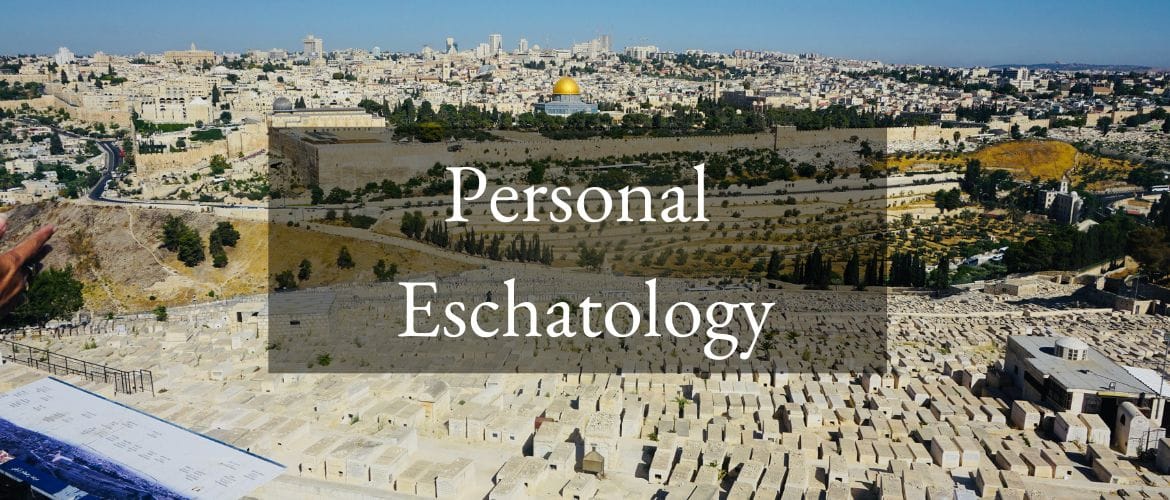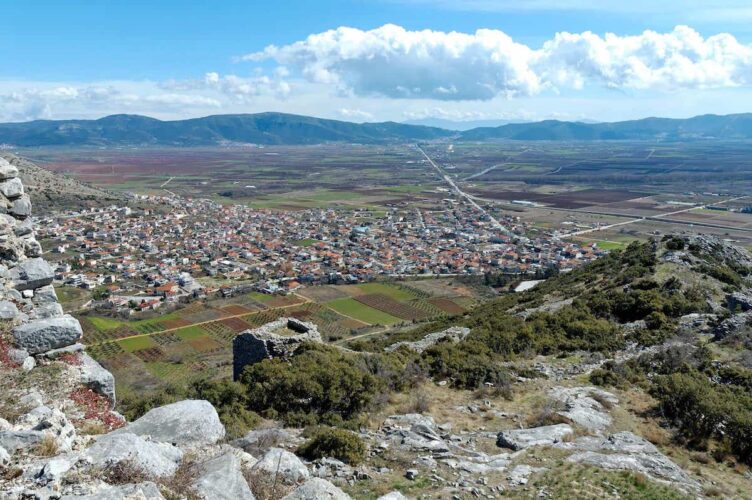Personal Eschatology
In this paper, I will respond to a friend’s question related to the biblical teachings of life after death for Christians. First, I will answer with my view on personal eschatology, then support it with biblical, theological, and historical arguments. Next, I will differentiate my view from heterodox opinions about life after death. Finally, … Read more





